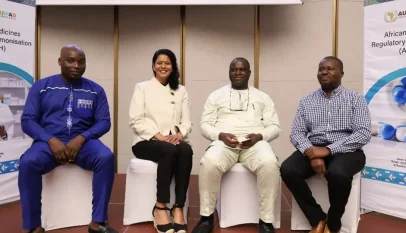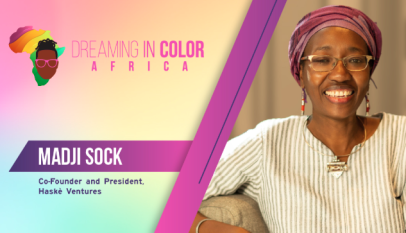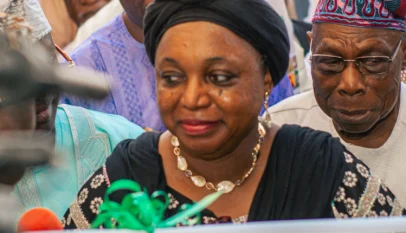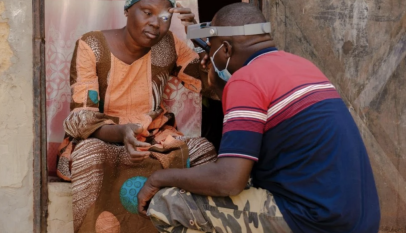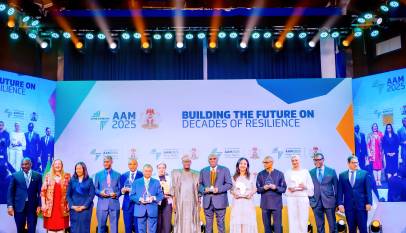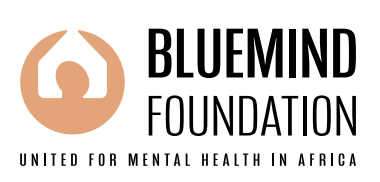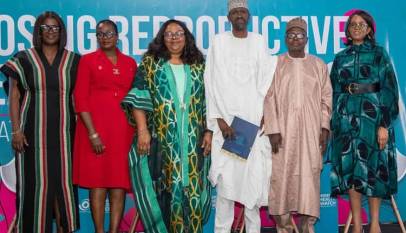FEATURE: Y4HCI: Harnessing the potency of soccer diplomacy for peace and development
The Youth for Healthy Community Initiative (Y4HCI) was borne out of the realisation of the sheer efficacy of football – with its attributes of team work, team building and game spirit – to bring about sustainable and socially responsive youth engagement safe spaces for peace, tolerance and civic responsibility
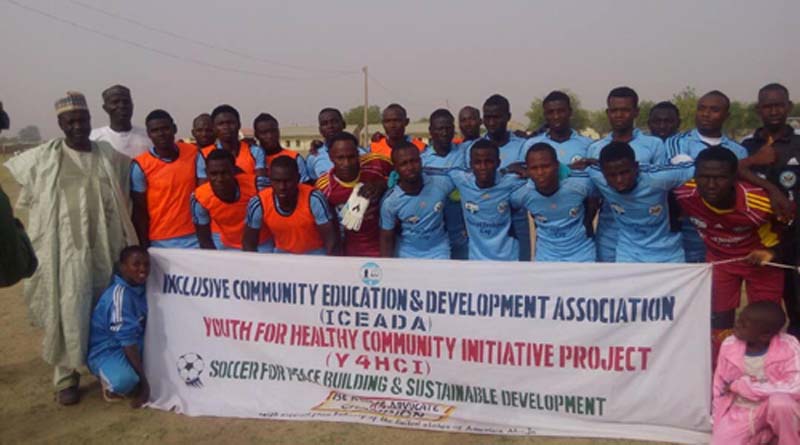
The popularity of soccer (football) among youth all over the world is not something in doubt as from Saudi Arabia to England and from Argentina to Nigeria, no single sporting activity attracts youth of varied socioeconomic background like soccer does. Being the most popular sporting activity in the world, football is one single sport whose love among youth transcends race, gender, ethnicity and creed, hence its unequal potency as a tool for advocacy.
Such is the efficacy of football’s appeal in building bridges of understanding that in 2001, the Swedish lawmaker Lars Gustafsson nominated the game of football for the Nobel Peace Prize and his justification for the nomination was that football helps improves international relations.
Gustafsson cited specific examples of the unifying role football plays in international relations like the match between United States of America and the Islamic Republic of Iran at the 1998 World Cup in France as well the match between archrivals North Korea and South Korea at the 1991 FIFA World Youth Championship.
It was in recognition of the critically-important role sports could play in fostering global peace that in 2001, the then United Nations Secretary-General Kofi Annan established the United Nations Office on Sport for Development and Peace (UNOSDP) with the mandate “to coordinate the efforts undertaken by the United Nations in promoting sport in a systematic and coherent way as a means to contribute to the achievement of development and peace.”
Thus, the Youth for Healthy Community Initiative (Y4HCI) was borne out of the understanding of the sheer efficacy of football – with its attributes of team work, team building and game spirit – to bring about sustainable and socially responsive youth engagement safe spaces for peace, tolerance and civic responsibility.
Y4HCI, whose mission is to make the youth serve as agents of peace building, conflict mitigation and resolution, is a programme of the Inclusive Community Education & Development Association (ICEADA), a nonprofit which promotes inclusiveness in policy and service delivery especially in the areas of health, education and environment.
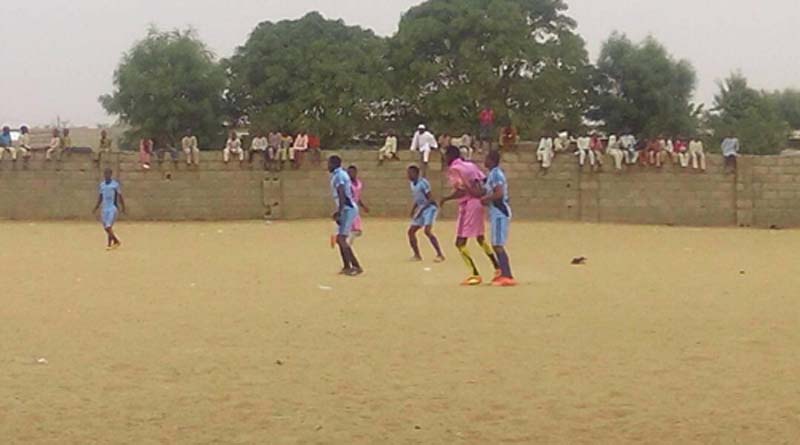
“Among others, the objectives of the project is to develop in youth community organisation skills through the soccer values of team work, team building and game spirit,” says Muhammad Bello Shitu, chairman of ICEADA and a professor of community development and innovation diffusion.
He added that the Y4HCI, which is supported by the United States Embassy in Nigeria and is being implemented in 16 communities across 11 local government areas of the state of Kano was also aimed at raising awareness about conflict mitigation and resolution through soccer competition teams as well as managing and preventing drug dependence among youths to mitigate involvement in crimes and violence especially gender based violence and group conflicts.
Y4HCI’s primary targets are youth between the age of 15 to 35 years living across the 16 communities while its secondary targets are soccer club players, officials and fans in the targeted communities. Other secondary targets are school adolescent girls and young women as well as key community influencers and older adults across the targeted communities.
Speaking after a recent Y4HCI soccer match between Net Breakers FC of Kibiya town and Hajj Camp United at Hajj Camp community of Kano city, the community’s leader, Mohammed Dankano, said the tournament had helped refocused the attention of his community’s youth away from social vices like drug abuse and was creating a sense of unity and brotherhood among them.
“We appreciate the efforts invested in organizing this competition and we congratulate the hosts (Hajj Camp United) who won the match,” says Sani Ado, the coach of Net Brakers FC shortly after his team lost the match to Hajj Camp United. “The youth are the drivers of peace in the society hence the need for them to be sensitized on the importance of peace, we have all pledged to henceforth become ambassadors of peace.”
Also speaking to this correspondent, Bashir Danjuma who acted as the match commissioner applauded the conduct of players of both teams during and after the match. “The match was so peaceful and devoid of rancor, football encourages unity, discipline and team spirit – this is what we want people to learn through this tournament. We hope to achieve unity and peaceful coexistence through these series of matches,” he said.


